RCEP commences on 1 Jan 2022 - Koon Yew Yin
Koon Yew Yin
Publish date: Sun, 02 Jan 2022, 12:20 PM
I would like to wish all my readers “A happy and prosperous New Year”.
Today is an auspicious day for the world's largest trade pact to start cutting tariffs for businesses for about 92 per cent of goods traded among signatory parties that have ratified the agreement.
The 10 countries that have ratified the Regional Comprehensive Economic Partnership (RCEP) agreement are Australia, Brunei, Cambodia, China, Japan, Laos, New Zealand, Singapore, Thailand and Vietnam.
The free trade agreement is between 15 countries, including Indonesia, Malaysia and the Philippines, which are expected to ratify it soon. Myanmar's ratification is pending acceptance by other members.
For South Korea, the agreement will take effect on Feb 1 - 60 days after its instrument of ratification, a document by which a country formally agrees to be bound by a treaty, was deposited.
The RCEP is also the first time China and Japan, as well as Japan and South Korea, are in a free trade agreement.
Singapore's Minister for Trade and Industry Gan Kim Yong said the pact will boost trade and business ties between the Republic and other RCEP parties.
"We are heartened that many Singapore businesses indicated that they were keen to explore utilising the RCEP agreement... That the agreement is entering into force about a year after it was signed, is testament to the region's determination and commitment to deepening economic integration amid difficult times," he said.
"We look forward to the swift ratification of the RCEP by all remaining parties so that the full potential of the agreement can be realised," added Mr Gan.
Besides the tariff elimination, businesses can benefit from additional preferential market access for specific products, said the Ministry of Trade and Industry on Friday.
These include mineral fuels, plastics, other chemical products, miscellaneous food preparations and beverages in certain RCEP markets such as China, Japan and South Korea.
Businesses will also have greater preferential access to markets and more flexibility to take advantage of regional supply chains.
The RCEP agreement also includes commitments above existing Asean Plus One free trade agreement in several sectors, and aims to provide more certainty for businesses through greater transparency.
It will also be easier for investors to finance projects as the agreement includes commitments to prevent performance requirements - set out by host states requiring investors to meet economic and social goals - from being imposed on them.
The RCEP builds on existing bilateral agreements that Asean has with its free trade partners. It covers about 30 per cent or US$26 trillion (S$35 trillion) of global gross domestic product, and 30 per cent of the world's population.
For example, the world's largest free trade agreement will remove tariffs on 86 per cent of Japan's exports to China, up from 8 per cent of goods that are currently tariff-free, according to professional services firm Deloitte. Japan's tariff-free exports to South Korea will also burgeon from 19 per cent to 92 per cent.
RCEP agreement will benefit all the 15 members. China, Japan and South Korea will benefit the most.
More articles on Koon Yew Yin's Blog
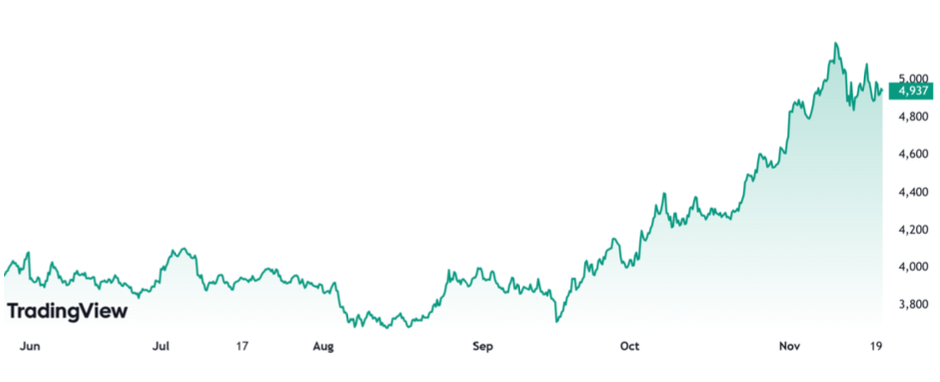
Created by Koon Yew Yin | Nov 21, 2024
Indonesia is the biggest palm oil producer in the world. Indonesia plans to implement biodiesel with a mandatory 40% blend of palm oil-based fuel from Jan. 1 next year, a senior energy ministry offici
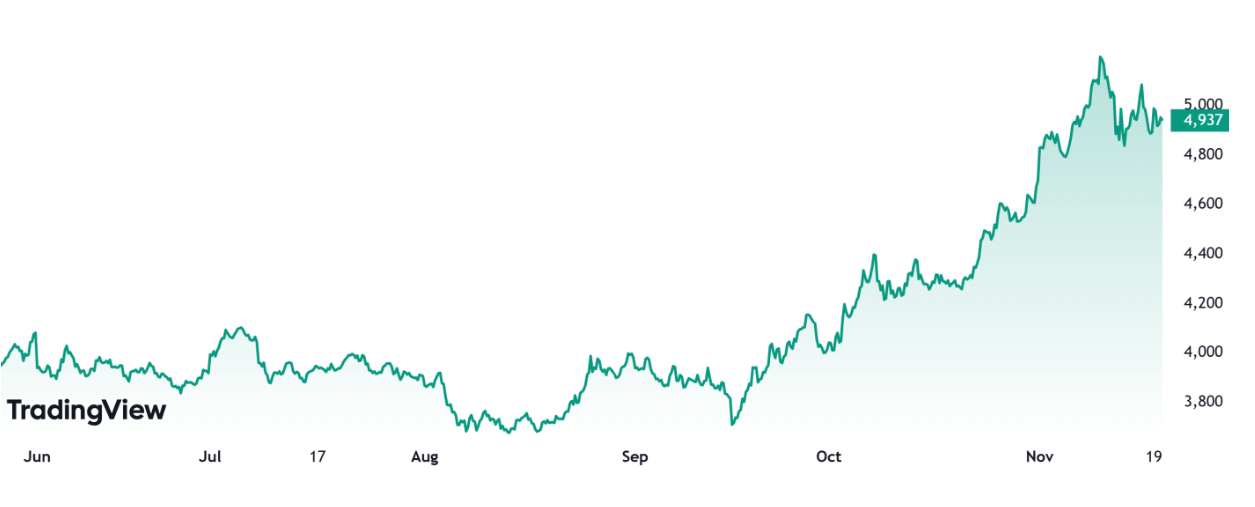
Created by Koon Yew Yin | Nov 20, 2024
Indonesia plans to implement biodiesel with a mandatory 40% blend of palm oil-based fuel from Jan. 1 next year, a senior energy ministry official said recently, lifting prices of the vegetable oil...
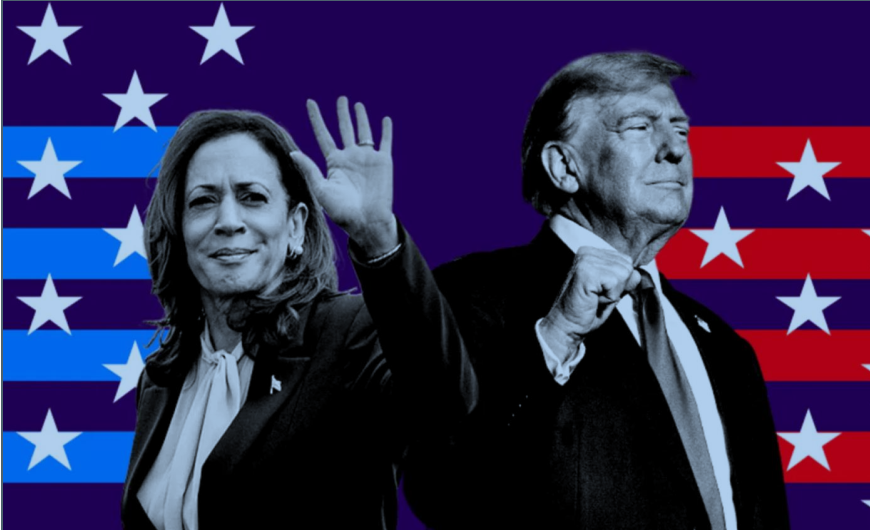
Created by Koon Yew Yin | Oct 30, 2024
Latest poll on 30th Oct 2024
Created by Koon Yew Yin | Oct 30, 2024
Latest poll on 30th Oct 2024
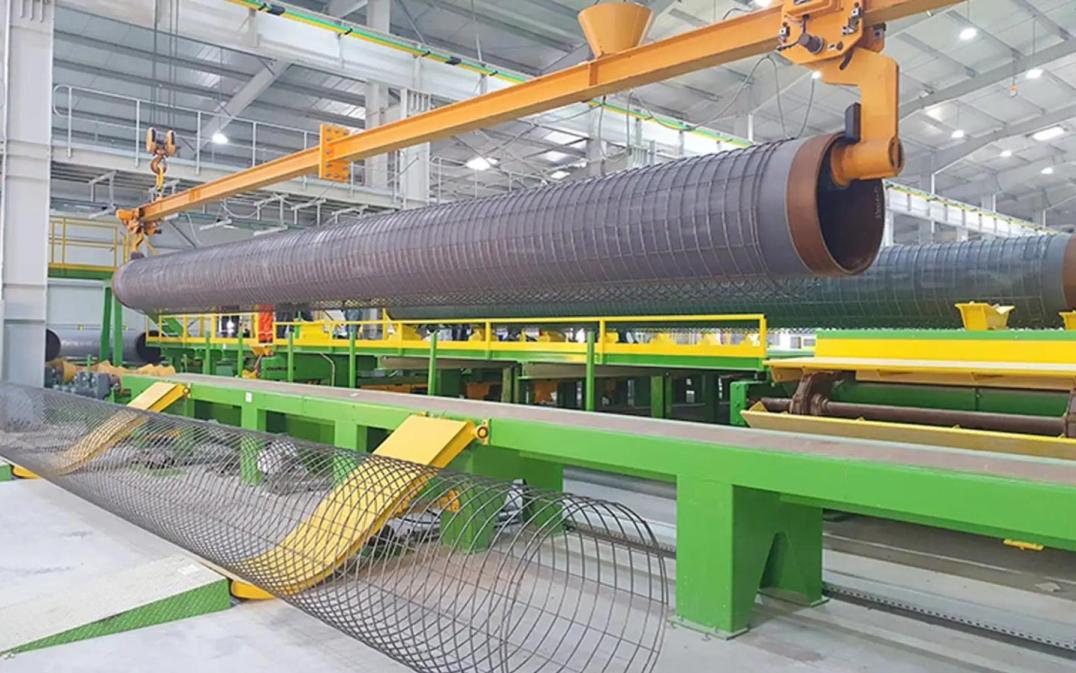
Created by Koon Yew Yin | Oct 25, 2024
The group is expected to deliver better profits and revenue from its pipe coating, engineering, and bioenergy segments.
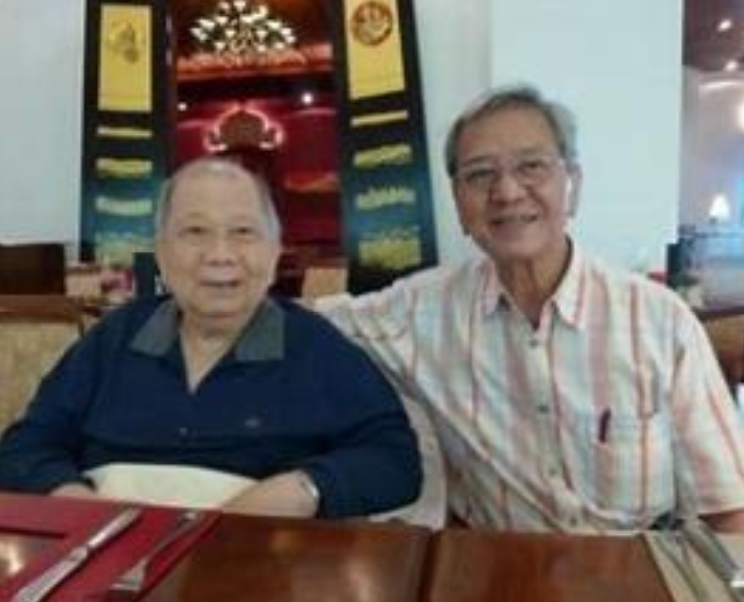
Created by Koon Yew Yin | Oct 14, 2024
Today I read the article by Murray Hunter titled “A Visit to the Malaysian Communist Party tunnels in Betong, Thailand”, which is an important part of Malaysia’s history.
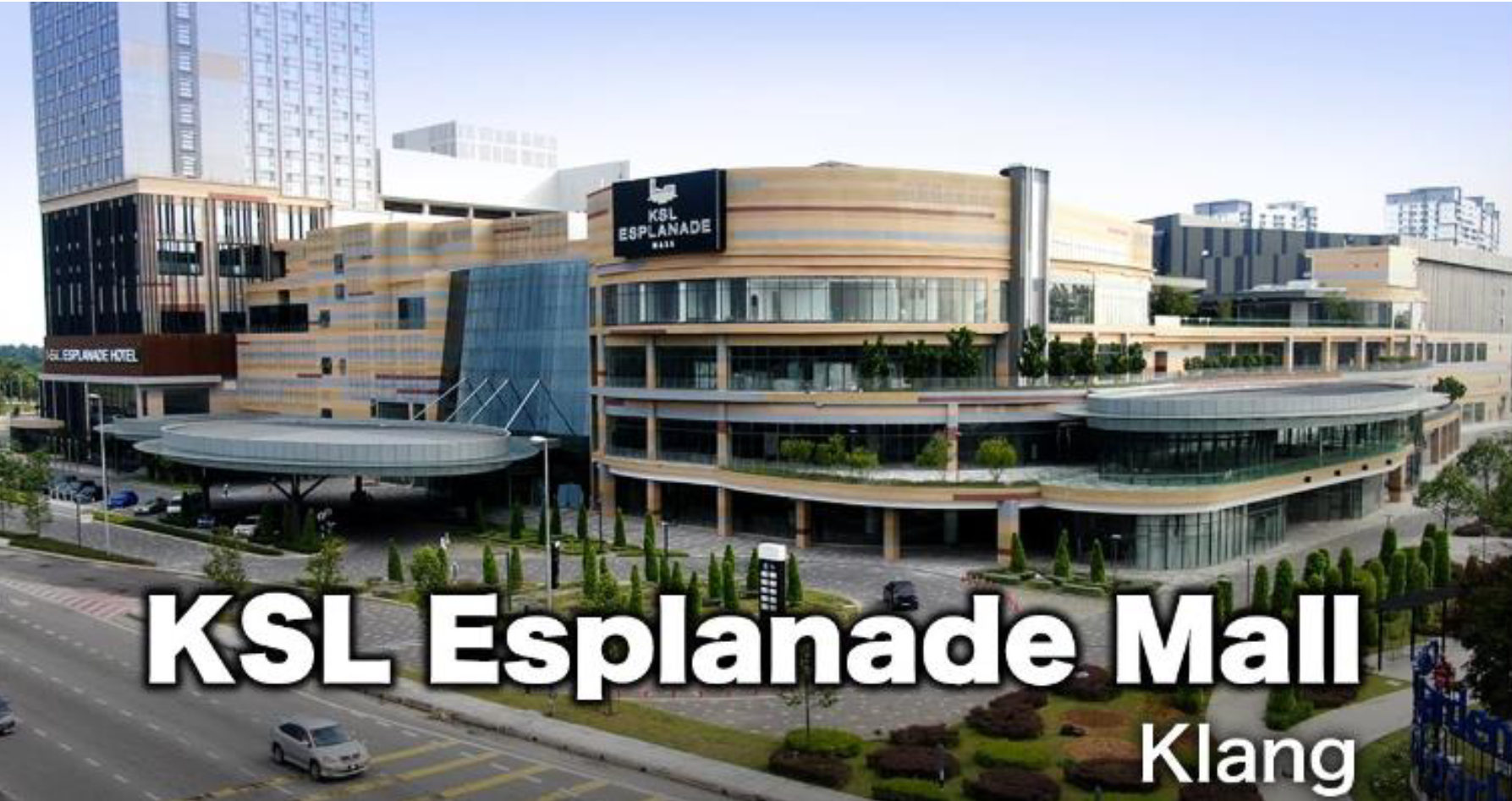
Created by Koon Yew Yin | Oct 04, 2024
KSL is still the cheapest based on a 4.4 PE ratio, which means its share price should continue to go up. Unfortunately, there are a few small investors who always queue to sell at cheaper prices...
Created by Koon Yew Yin | Oct 04, 2024
KSL is still the cheapest based on a 4.4 PE ratio, which means its share price should continue to go up. Unfortunately, there are a few small investors who always queue to sell at cheaper prices...
Created by Koon Yew Yin | Sep 06, 2024
Water pollution is a huge challenge for freshwater in the UK, impacting our rivers, streams, and lakes and the wildlife that call them home.
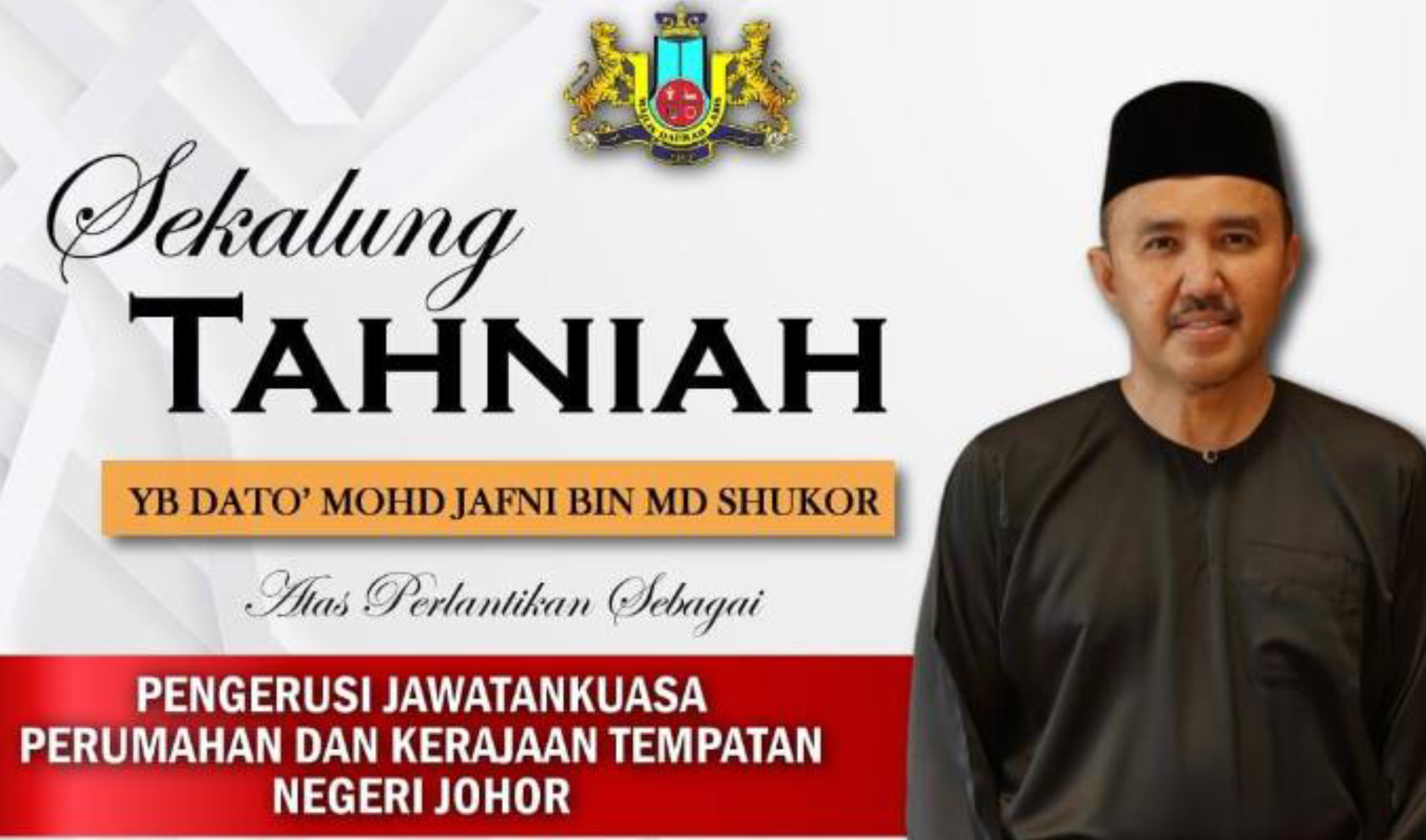
Created by Koon Yew Yin | Sep 03, 2024
State housing and local government committee chairman Datuk Mohd Jafni Md Shukor said demand for properties in Johor has gone up since last year’s announcement about the SEZ.


















